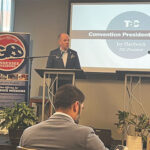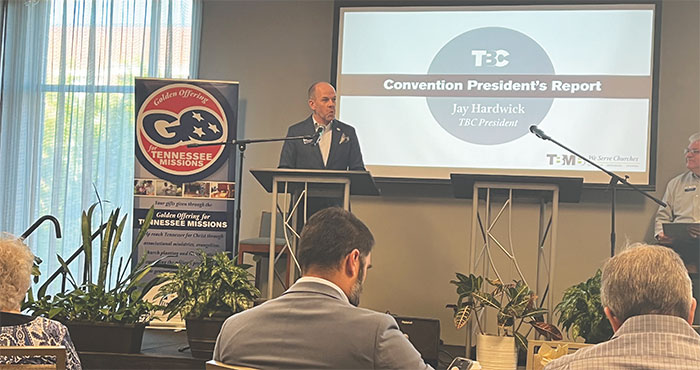Managing church finances can be daunting even under the most favorable circumstances.
Factor in complex tax reports, bank reconciliations, and ever-changing IRS and state guidelines, and you can guarantee church staff is overspending valuable time on processes that could be streamlined with help from a third-party. By outsourcing your payroll, bookkeeping, or a combination of services to a trusted third party, you can gain the freedom to focus on ministry, while saving time and money.
Experienced providers can handle everything from basic accounting to payroll and contribution tracking, financial reporting, accounts payable, bank reconciliations and internal safeguards — all designed to lift the financial burden off church leaders’ shoulders.
Here are some advantages to consider:
Increased security and privacy
Outsourcing provides an added layer of privacy and protection — not only for the church, but for donors, too.
With multiple personnel assigned to manage your congregation’s day-to-day financial operations, outsourced accounting firms provide layered levels of review, creating the separation of responsibilities necessary to deter fraud and safeguard donor confidentiality.
This separation is often difficult for churches to provide for themselves, as it can be hard to justify hiring multiple staff financial roles.
Access to professionals
Teaming up with an accounting firm also ensures only qualified experts are assigned to handle your church’s finances.
It provides access to highly trained accountants, attorneys and other relevant professionals that many ministries simply don’t have the resources to retain full-time.
Real-time financial information
Outsourced accounting guarantees error-free reporting through advanced online bookkeeping and payroll software.
This puts real-time information about your church’s finances at your fingertips, ensuring church leaders always have access to the information they need to make decisions.
Affordable and customizable
When hiring a full-time or even part-time employee, there are many expenses to consider.
Payroll tax costs can include an employer’s share of FICA, federal and state unemployment taxes, workers’ compensation, health insurance, retirement plans, onboarding costs, training and providing office space and equipment.
When you outsource accounting responsibilities, you only pay for the services you need. What once might have been a full-time job can often be reduced to a part-time administrative position, cutting 30–40 hours of work per week down to 4–10 hours, depending on church size. Some accounting firms even provide customizable service options, enabling church leaders to pick and choose which services best fit their ministries.
Ready to start? Here’s what to look for
While outsourced accounting comes with many advantages, there are a few things to consider when selecting a provider for your church.
Ministry experience: Finding a provider with both accounting experience and an understanding of how churches work is imperative. While there are likely several excellent accounting firms in your state, it’s critical to find one who has knowledge of ministerial operations and requirements while understanding the importance of internal controls and accountability. Some accounting firms cater specifically to churches and ministries, and a few even operate as nonprofits, which often means additional savings over traditional, for-profit accounting firms.
Customer service: Choose a provider who has the time and resources to make your church a priority. Often, for-profit accounting firms will bump pro bono or discounted clients to the backburner during tax season or at other times when staffing or availability is limited. Make sure your provider can give your church their full attention on your schedule — not theirs.
Don’t worry about location: COVID-19 has pushed many accounting firms to become adept with the technology required to maintain long-distance clientele. The ability to use audio or video conferencing software not only enables ease of service but provides access to a larger and more qualified pool of providers for your ministry to choose from.
Though the idea of moving their church’s accounting to a third-party provider might be difficult for some church leaders, remember outsourcing is all about balance and outcomes.
Juggling the spiritual and business sides of ministry is a daily struggle. Outsourced accounting can alleviate an administrative burden, providing confidence and peace of mind that your church’s day-to-day financial activities are being cared for by professionals. You should focus on your calling — not crunching numbers.
EDITOR’S NOTE — This story was written by Sarah Barham and published by WatersEdge. To learn more, go to watersedge.com.








